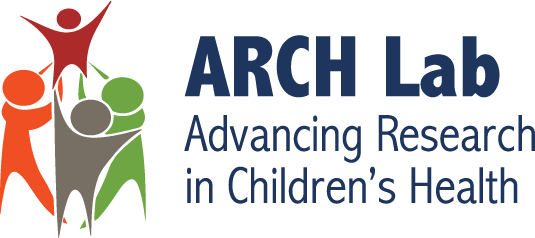The ARCH Lab has contributed to two papers examining childhood epilepsy, both of which contribute to the literature on pediatric epilepsy.
The first, “Longitudinal trajectories of self-reported depressive symptoms in children with epilepsy“, examined symptoms of depression in children with epilepsy by using reports from 477 children and their parents. Participants were followed over 28 months with repeated assessments; five assessments each approximately seven months apart. Child depression was measured at each assessment using the Children’s Depression Inventory Short-Form. Results showed that both the child- and parent-reported symptoms of depression were generally low and stable over the follow‐up period. Normalization of scores was seen upon repeated assessment, even in children with higher scores of symptoms of depression at one point. These results point to the importance of repeated assessment over an extended period of time.
The second is titled “Seizure freedom mediated the improvement in health-related quality of life following epilepsy surgery in children”. The paper sought to establish if a participant’s health-related quality of life (HRQoL) improved following an epilepsy surgery in a pediatric population. The researchers further sought to assess whether any potential HRQol improvement could be attributed to post-surgery seizure freedom. HRQoL was measured using the Quality of Life in Childhood Epilepsy Questionnaire at two assessment points; baseline and a 1-year follow-up. Participants in the surgery group (n=147) were compared against a set of patients receiving pharmacological interventions (n=90). The results showed that seizure freedom was higher in the pediatric epilepsy group compared to the pharmacological group. Additionally, surgery indirectly improved HRQoL mediated by seizure freedom compared to pharmacological management. A direct effect of surgery that was found was an improvement of social functioning.






